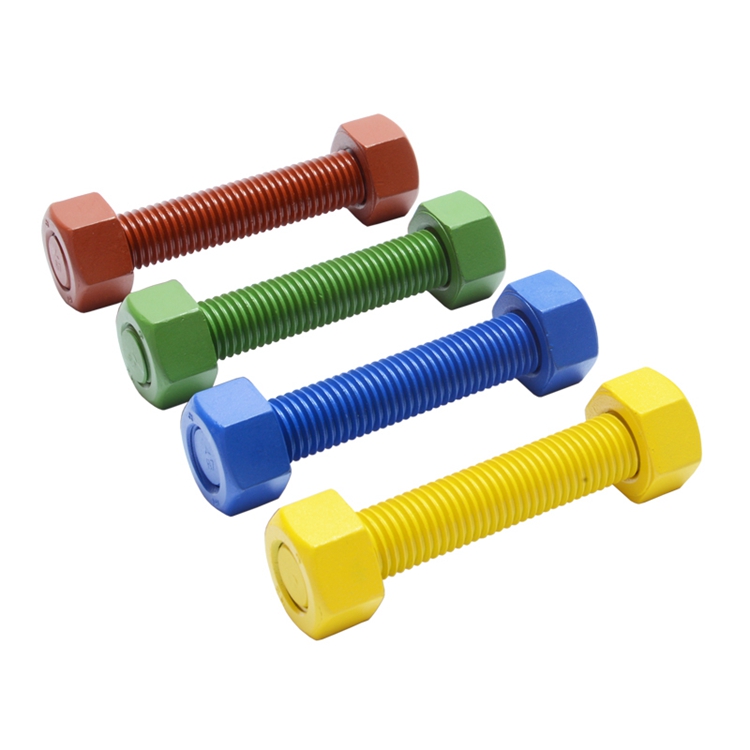high quality threaded bolts
Říj . 21, 2024 20:46 Back to list
high quality threaded bolts
High-Quality Threaded Bolts The Backbone of Structural Integrity
In the world of engineering and construction, the importance of high-quality threaded bolts cannot be overstated. These essential fasteners play a crucial role in ensuring the stability and strength of various structures, from bridges and buildings to machinery and automotive components. This article delves into the characteristics, types, and significance of high-quality threaded bolts in industrial applications.
High-Quality Threaded Bolts The Backbone of Structural Integrity
High-quality threaded bolts are typically manufactured from durable materials like steel, stainless steel, or titanium. Each material offers specific benefits; for instance, stainless steel bolts provide excellent corrosion resistance, making them ideal for outdoor use or in environments exposed to moisture. In contrast, carbon steel bolts are favored for their strength and tensile properties, often used in heavy construction projects.
high quality threaded bolts

The manufacturing process of high-quality threaded bolts involves stringent quality control measures and adherence to industry standards. Many bolts are produced according to specifications set by organizations such as ASTM International and ISO. These guidelines ensure that the bolts meet specific mechanical and chemical properties, ultimately leading to enhanced reliability and performance.
In addition to material selection and manufacturing standards, the design of threaded bolts also plays a crucial role in their effectiveness. The thread design, including the pitch and depth, affects how well the bolt can engage with the nut or the tapped hole, influencing the overall load distribution and tension. Properly designed threads reduce the risk of stripping and ensure that the bolt maintains its clamping force over time, which is critical in applications subjected to vibrations and dynamic loads.
Furthermore, the installation process of high-quality threaded bolts is equally important. Proper torque specifications must be adhered to during installation to achieve the desired clamping force. Over-torquing can lead to bolt failure, while under-torquing may result in joint loosening, both of which can compromise structural integrity.
In conclusion, high-quality threaded bolts are indispensable components in countless applications across various industries. Their ability to provide strength, reliability, and safety makes them the backbone of many structural assemblies. When sourcing threaded bolts, it is crucial to prioritize quality and adhere to industry standards. Investing in high-quality fasteners not only ensures the longevity and performance of a project but also contributes to the safety and security of the structures we depend on. As the demand for robust construction continues to grow, so too will the need for dependable fasteners, reaffirming the importance of high-quality threaded bolts in modern engineering.
Latest news
-
High-Quality Bolts for Lawn Mower Handle Supplier & Manufacturer
NewsAug.21,2025
-
Reliable Axle Nuts Supplier | High-Quality Automotive Parts
NewsAug.19,2025
-
Premium Wire Bolts Suppliers | Durable & Reliable Fasteners
NewsAug.18,2025
-
Leading Metric Wood Screw Companies & Manufacturers
NewsAug.17,2025
-
Top Wire Bolts Suppliers - Quality & Durable Fasteners
NewsAug.15,2025
-
Trusted Wire Bolts Company | Quality Fasteners Supplier
NewsAug.14,2025
